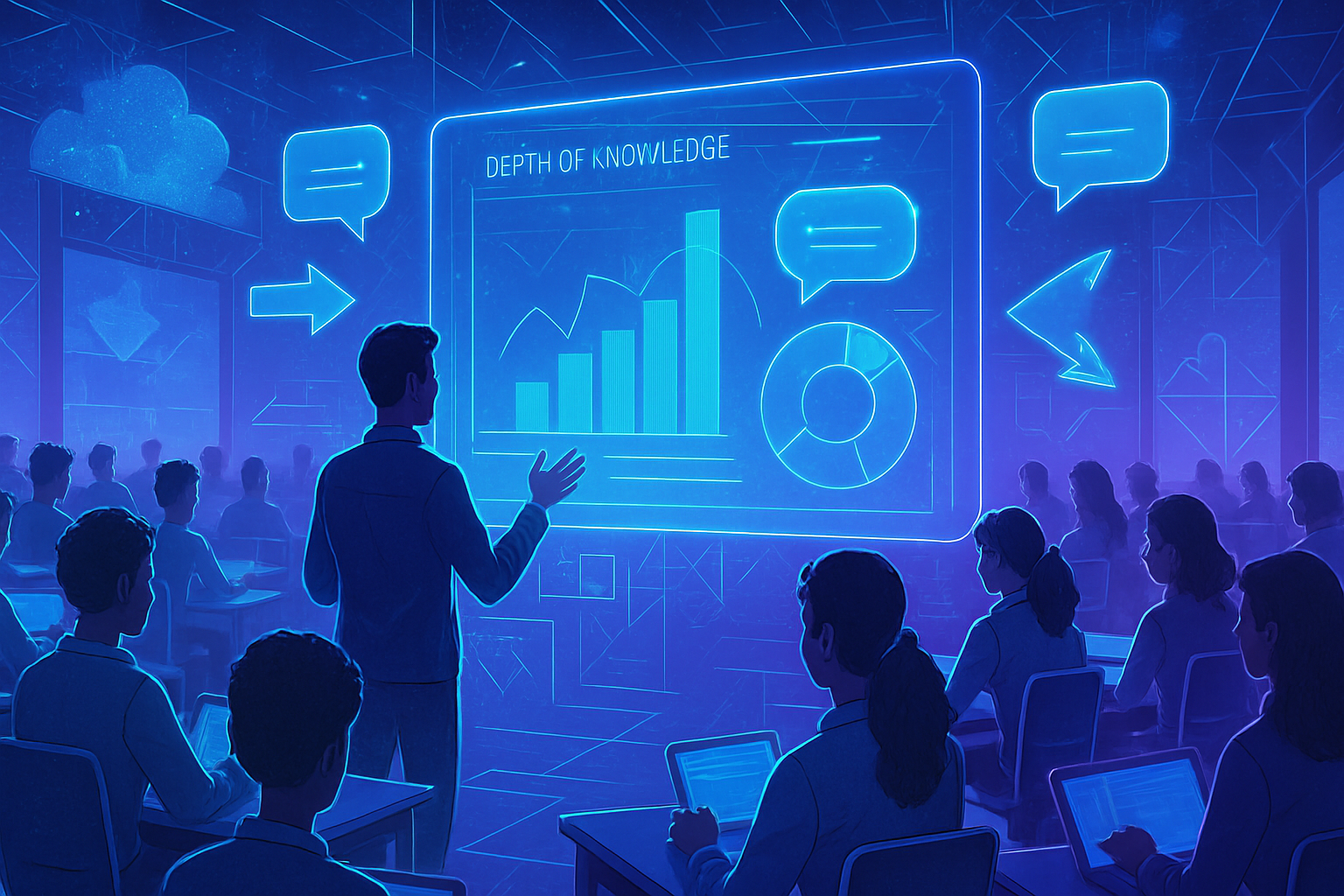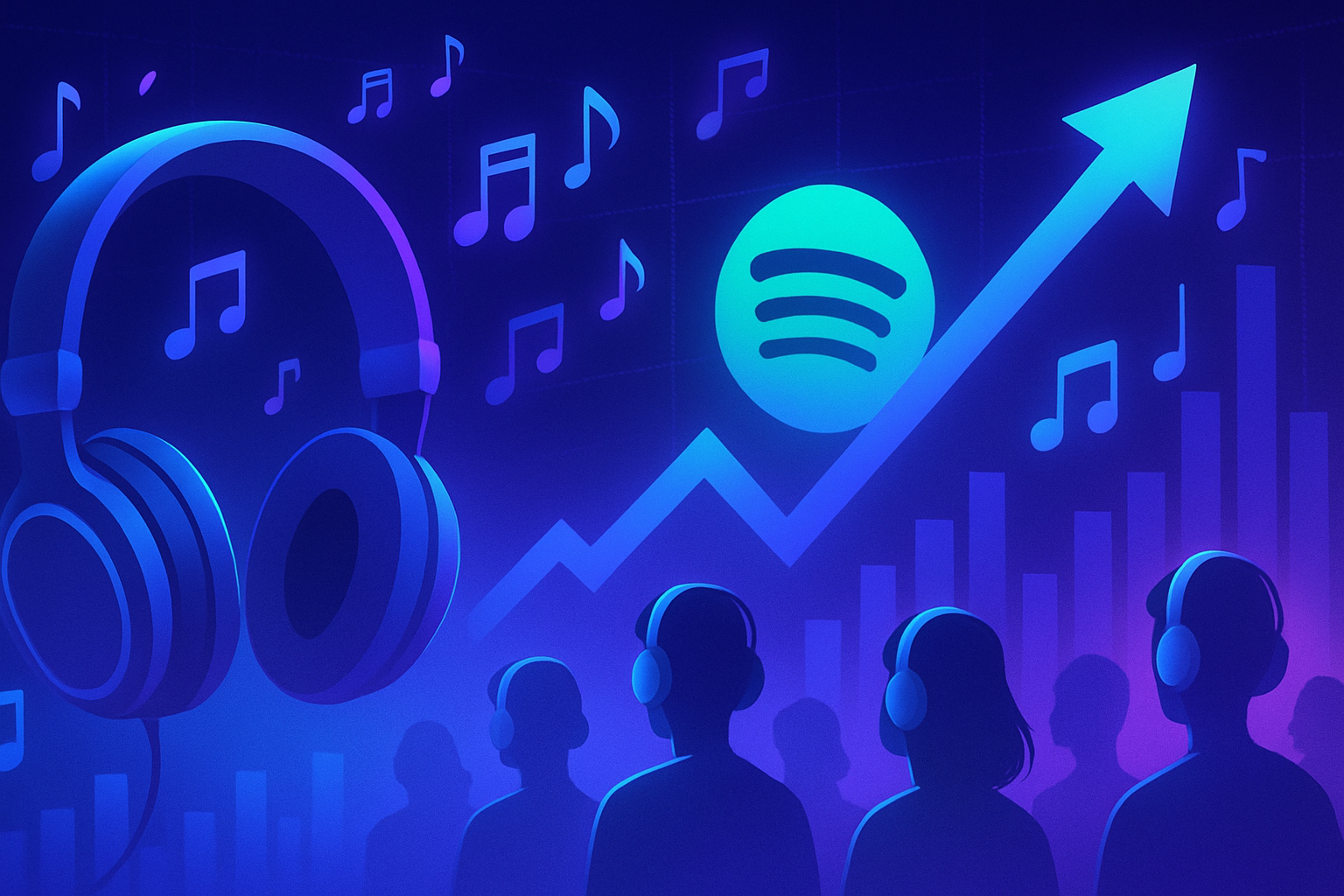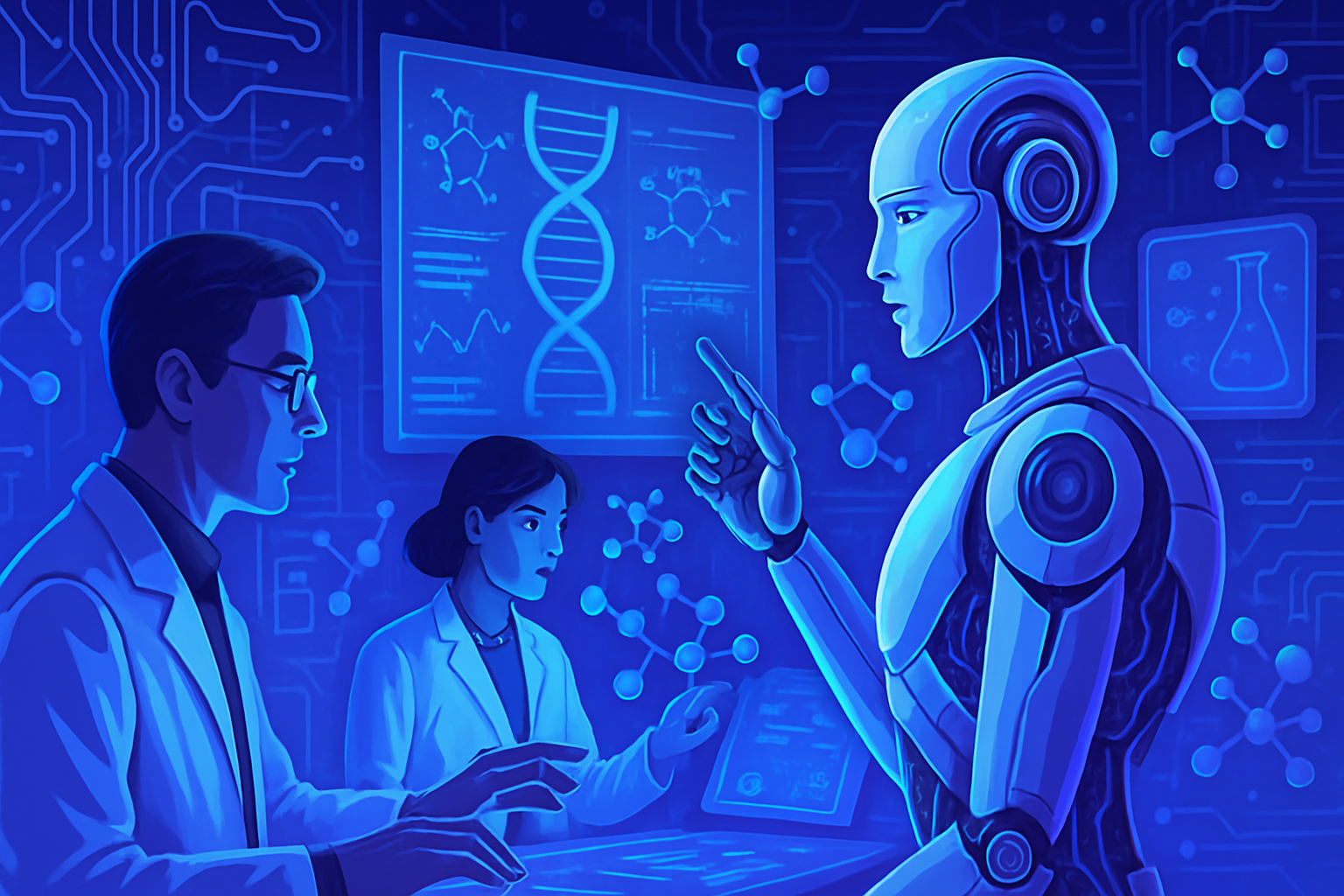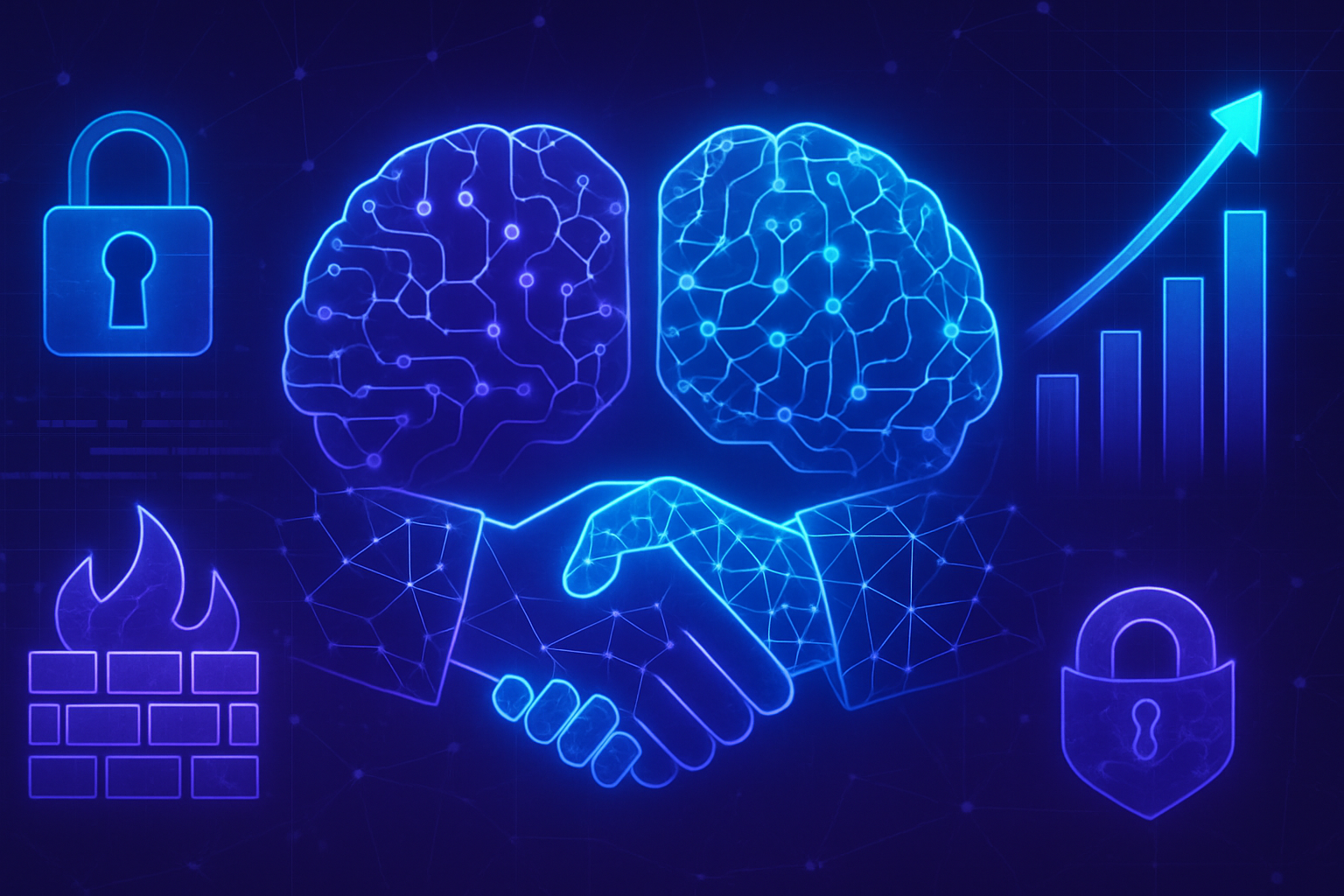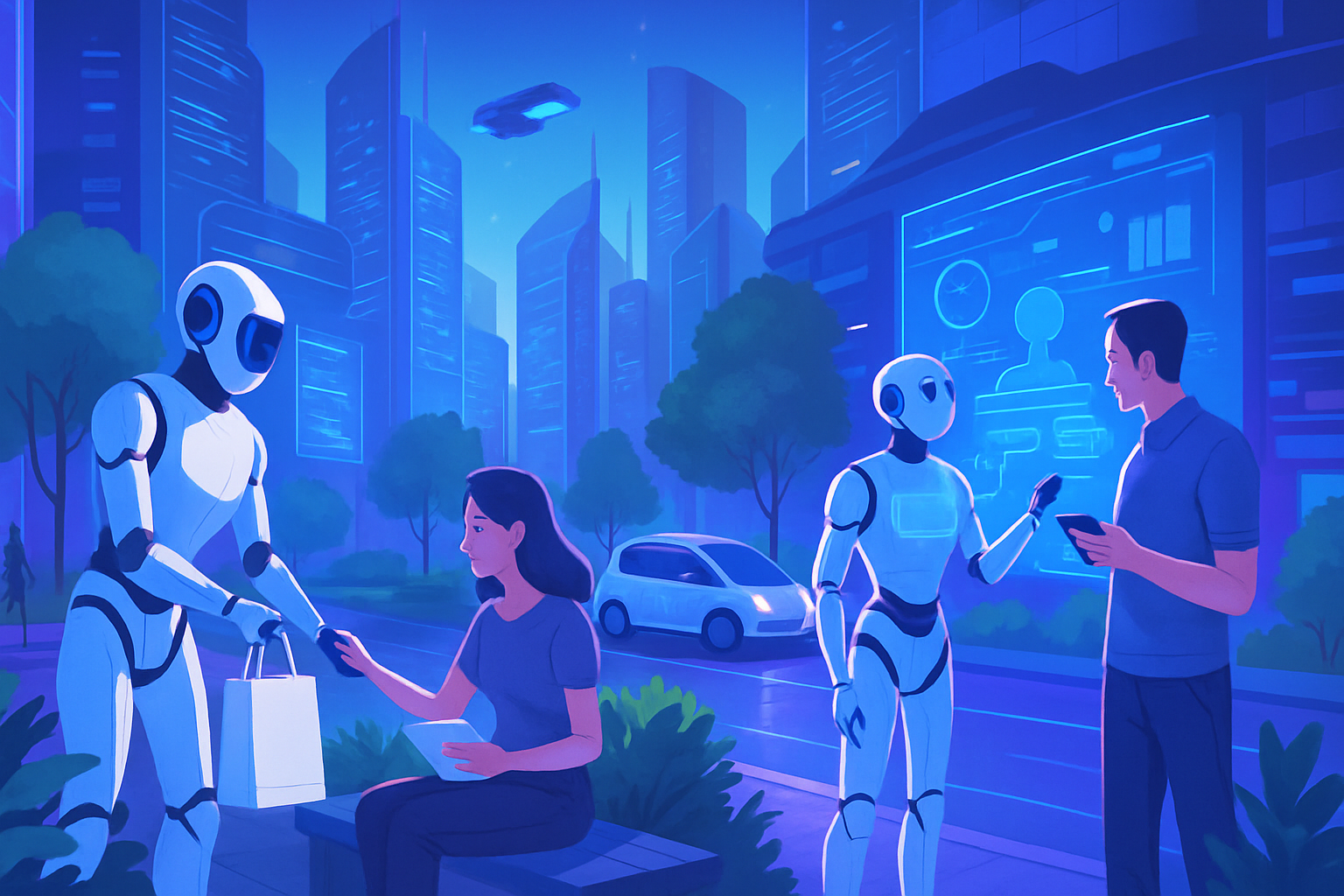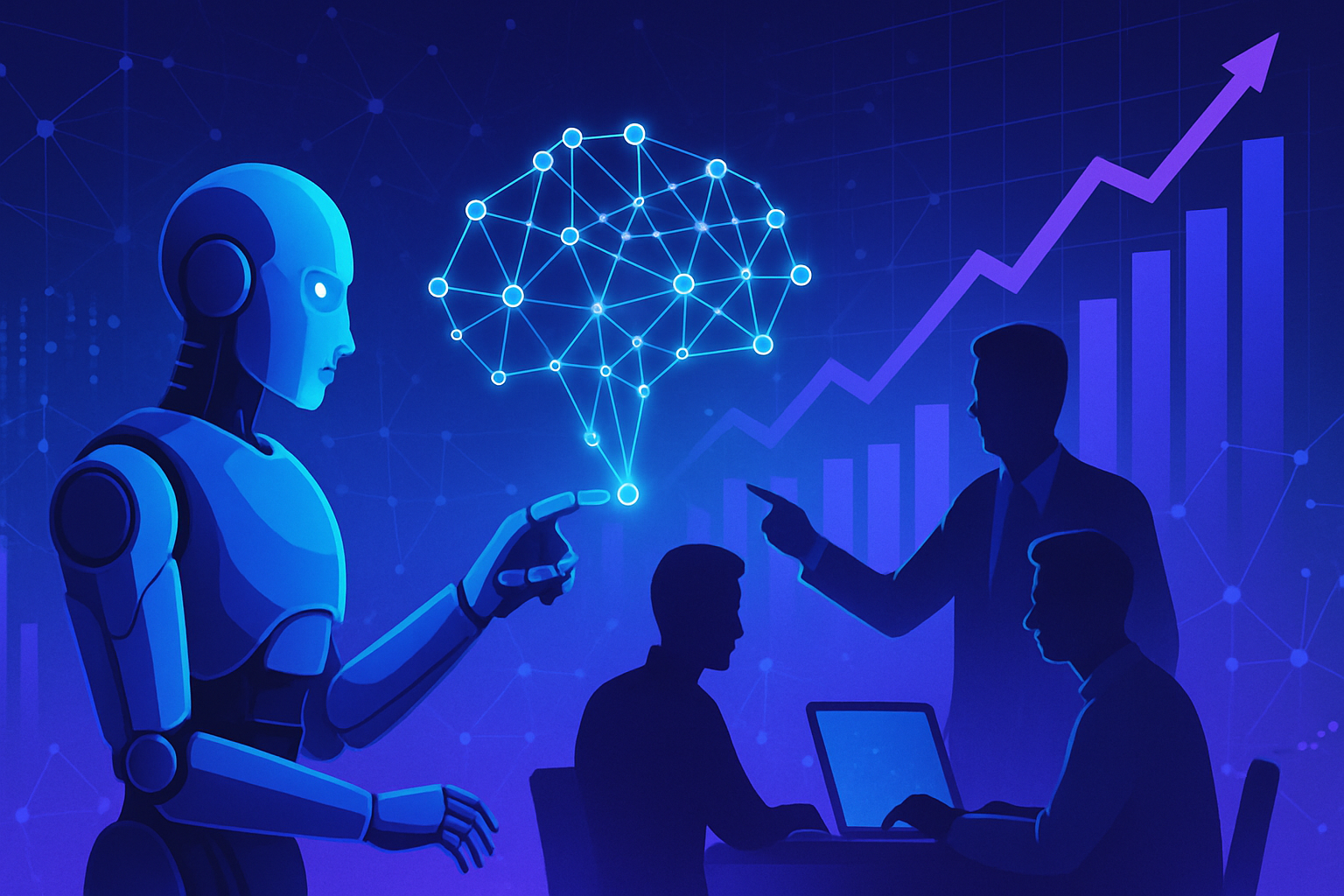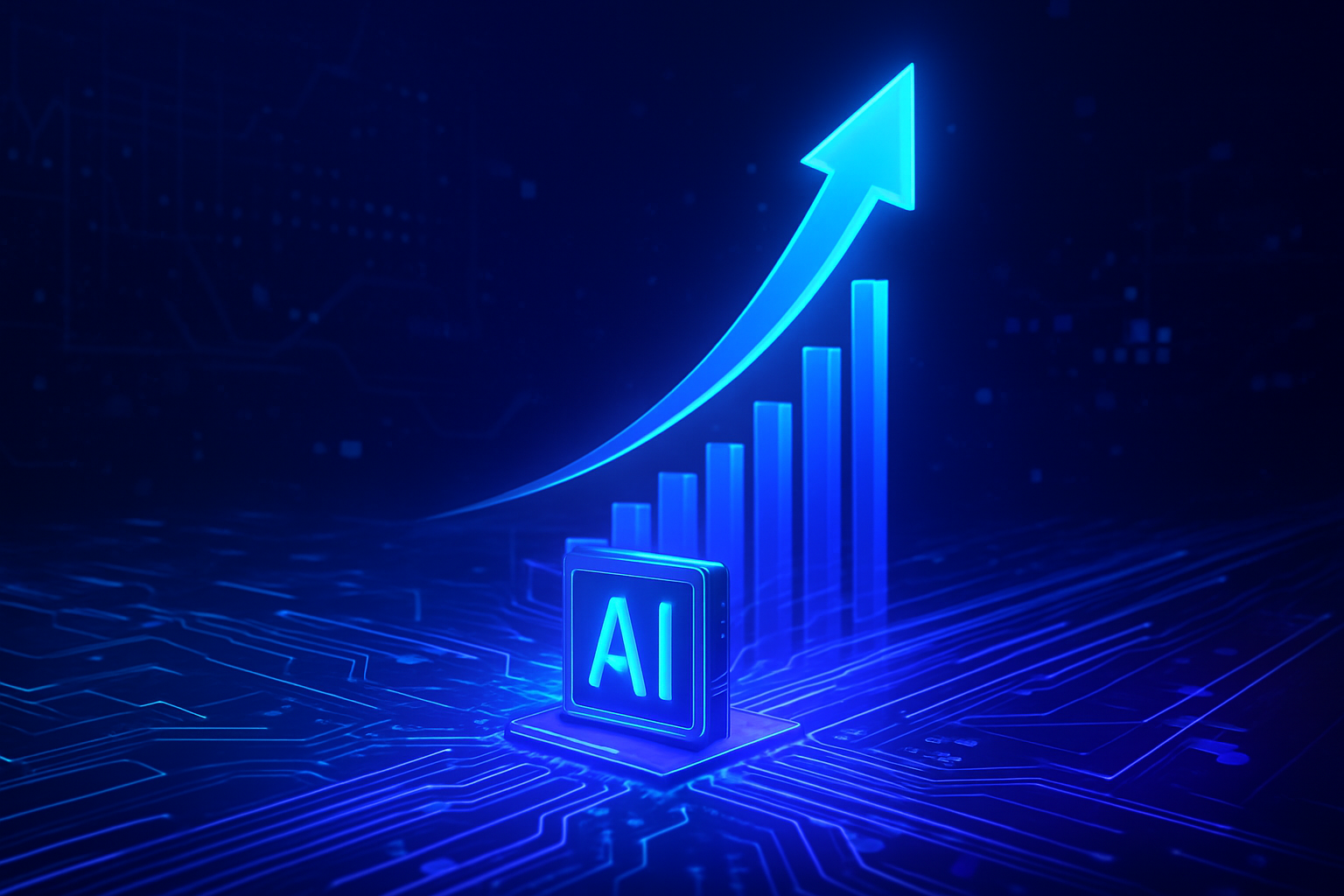Modernity challenges traditional academic assessments. The oral exam of the baccalaureate, a true rite of passage, now confronts technological innovation. Applications marked with predigested references are emerging, hindering the authenticity of argumentation.
An altruistic teacher helps: brilliantly written presentations, sometimes devoid of deep understanding, are unsettling the teaching staff. The increasing use of artificial intelligences raises legitimate questions about the depth of students’ knowledge.
This upheaval – the pervasiveness of tools like ChatGPT – questions the fundamentals of assessment and the ability of students to *defend an informed point of view*.
The grand oral exam of the baccalaureate: a contemporary issue
The 531,000 students in their final year of general and technological education are preparing to face the grand oral exam until July 2. This significant moment, which accounts for 10% of the final baccalaureate score, raises questions in a context where artificial intelligences are intertwined with student preparation. The growing use of these technologies raises questions about the depth of knowledge and argumentative ability of the candidates.
The repercussions of AI on assessment
François, a teacher of economic and social sciences in Bordeaux, shares his irritation after several days as a jury member. He notes well-written presentations, often accompanied by relevant references, but revealing intellectual emptiness. Some students seem to recite texts that do not belong to them, leaving teachers perplexed about the authenticity of the content presented.
A guideline from the inspectors
The inspectors have issued a clear directive: do not penalize students for using AI. This approach raises the question of the pedagogical responsibility of teachers in the face of productions that could be entirely generated by machines. It poses the challenge of determining whether the oral performance truly reflects the argumentative and critical thinking abilities of the students.
The duality between technology and learning
Social networks have seen the emergence of typical subjects to help students prepare. At the same time, generative AIs have modified learning methods, leading to a dilution of knowledge and a technological dependency. The ability of students to formulate informed arguments is put to the test in this context where digital tools dominate their practices.
The framework of assessment
Assessing the grand oral requires deep reflection on the criteria of excellence. Teachers find themselves faced with performances that seem polished but lack authenticity. This situation raises the question of the added value of the oral exam as a tool for assessing knowledge and skills.
The struggle for the relevance of discourse
The juxtaposition between the use of AI and personal expression could undermine the richness of oral exchanges. Teachers, faced with this observation, advocate for a return to essentials: encouraging intellectual rigor and the formulation of robust arguments. The need to restore high standards to ensure the quality of assessments is imperative.
An assessment to be made
The question of the future of the grand oral is pressing. The necessity of a collective reflection proves indispensable to safeguard the integrity of the assessment. Educational system stakeholders must question how to restore a balance between technological innovation and authentic learning.
Frequently asked questions
What are the main issues of the baccalaureate oral in the era of artificial intelligences?
The main issues include the ability of students to demonstrate their understanding of the subjects and to argue coherently, while navigating between the use of AI tools for preparation and the risk of resorting to non-authentic content.
How do teachers perceive the impact of AIs on preparation for the baccalaureate oral?
Teachers observe that the growing use of AIs can lead to well-formulated presentations but lacking personal depth, which concerns them regarding the authenticity of students’ knowledge.
What skills are assessed during the baccalaureate oral?
During the oral exam, the assessed skills include the ability to synthesize information, to argue concretely, and to interact critically with the jury on the subject presented.
How can artificial intelligences harm students’ preparation for the oral?
The use of AIs can be harmful by fostering a dependency on generated content, which could lead to a weak understanding of the subjects and inauthentic presentations.
What advice can be given to students to avoid being penalized for using AIs during the oral?
Students are advised to comprehend the information generated by AIs, to adapt it to their own style, and to incorporate personal and critical elements into their presentations.
How to prepare effectively for the baccalaureate oral despite the influence of AIs?
Effective preparation involves a thorough study of the subjects, practice in argumentation, and creating personalized presentations that reflect personal thought and analysis rather than simple repetitions.
What are the jury’s expectations regarding argumentation during the oral?
The juries expect solid, well-structured arguments supported by relevant examples, as well as an ability to respond critically and thoughtfully to the questions posed.
